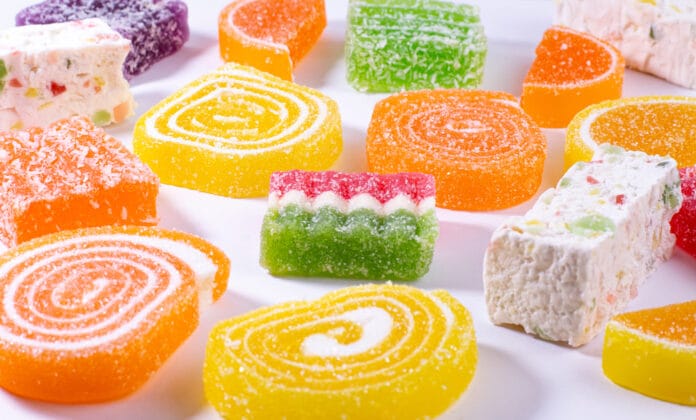
Your bones age as you grow older. That’s why it’s important to take better care of your bone health and understand the factors that affect your skeletal health. Some of the things that affect your health are food and these include the following:
Caffeine
Your body loses 6 mg of calcium for every 100mg of caffeine. If this goes on, your bones will get weaker, and this practice also leads to various types of calcium deficiency. You must limit caffeine consumption to 300 mg daily and take calcium regularly to stay healthy.
Phosphoric acids
Present in most protein foods and sodas, they couple with calcium in the bone to create the bone lattice. But, in the gut, they produce insoluble salts with calcium that are excreted. Cutting down on sodas and diet modulation can control this detriment.
High cholesterol and triglyceride levels
Small amounts of cholesterol can help your body produce vitamin D. However, large amounts are dangerous to bone health, and this is because they can increase the risk of bone fractures.
High cholesterol is also linked to cardiovascular disease- the primary disease of hypercholesterolemia- and osteoporosis. You can reduce high cholesterol by removing trans fats and eating food rich in omega-3 fatty acids.
Sugar
Like salt excretion, sugar also plays a role in calcium absorption. High sugar levels negatively affect the formation of vitamin D, leading to calcium absorption. Studies also show that high sugar intake leads to calcium and vitamin D deficiency.
Salt
Physiological links between sodium and calcium in the human body include the connection between salt intake and calcium excretion rates. For every 1000 mg of salt ingested, you lose about 17.4mg of calcium. As salt is more likely to be consumed in excess, the cumulative effects of high intake are worrisome. You need to monitor your salt consumption to ensure your bones stay healthy.
Vitamin A
Vitamin A greatly affects bone growth in some oils and root vegetables by inducing osteoporosis, and this effect is more pronounced with Vitamin D deficiency. In this case, women who have passed menopause are especially at risk.
Legumes
Legumes like soy and cowpea have some compounds that compete with the ionization of calcium. Oxalates are organic chemicals that form insoluble salts in the gut, causing a deficiency. You can avoid this by eating vegetarian diets made of plants high in protein.
Final Thoughts
It pays to take care of your health with the help of a certified professional. This ensures you take all the necessary steps to keep your bones healthy.


















